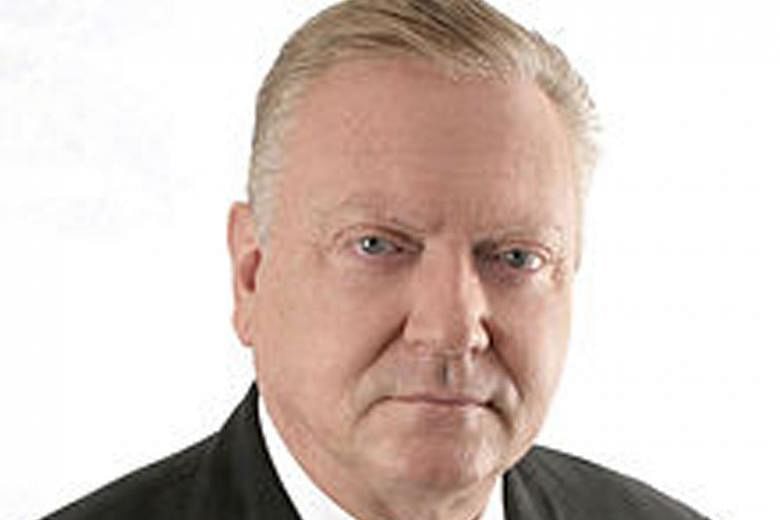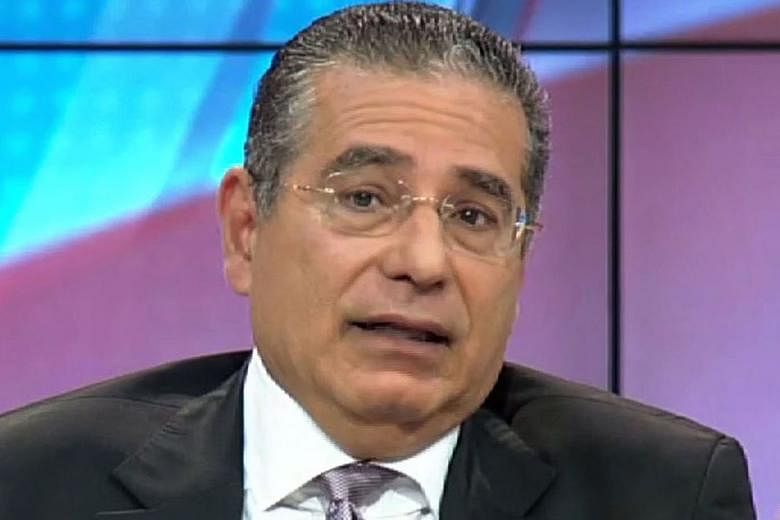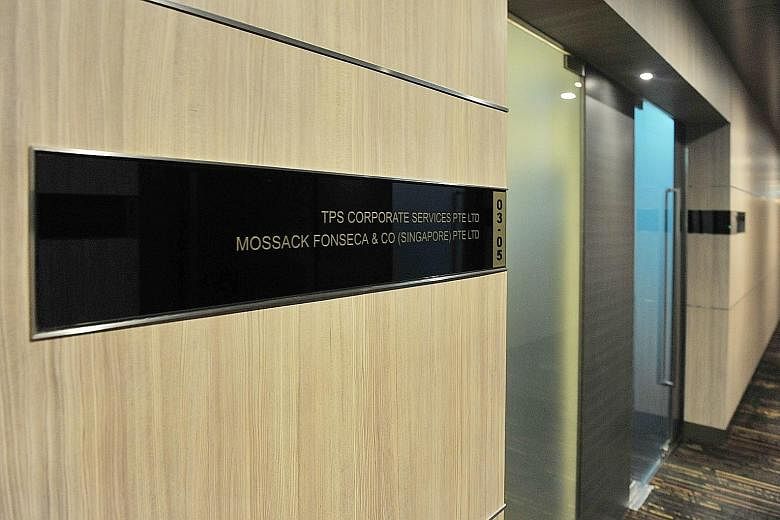SAO PAULO • For decades now, Mr Jurgen Mossack and Mr Ramon Fonseca have been the go-to guys in Panama for international investors looking to put their money in far-flung places.
But even before the world learned their names on Sunday - in reports that alleged that their firm played a critical role in helping political leaders around the world move money offshore - the lawyers knew their lucrative partnership had begun to fray.
During a four-hour interview on March 29, Mr Mossack and Mr Fonseca sounded like two men in retreat: The go-go days of cranking out shell companies en masse for clients was over, they said, and the firm had been considering scaling back its international franchising.
"We are going to make ourselves the right size - smaller," Mr Fonseca said. For the co-head of a firm that over the past few decades has helped to revolutionise the way companies and wealthy individuals structure their investments across the globe, the statement marks a big drop in ambition.
Of the two men, it is Mr Mossack, a 68-year-old with German roots, who displays a keen mastery of the nuts and bolts of the business. He did most of the talking during the interview in their Panama City headquarters, flanked by their legal director and two consultants. In all, the firm employs some 500 people in Panama and across the globe.
If Mr Mossack is the nitty-gritty guy, Mr Fonseca, 63, is the self-proclaimed dreamer. He boasts that his friends have called him "a da Vinci man" for his interests in politics, law, business, letters and philanthropy.
He has penned half a dozen novels over the years and, for a while as a young man, had considered becoming a priest.
It was during his time as a bureaucrat at the United Nations in Geneva, where he was surrounded by international lawyers, that Mr Fonseca said he was lured by the mysterious world of offshore businesses.
"One day it occurred to me that I could do it too," he said. "I created my little office and left the UN and started with one secretary to create and sell companies." He would join up with Mr Mossack soon after.
Setting up offshore vehicles has become routine for corporations, investment funds, family offices and billionaires. Low- or no-tax jurisdictions offer places to base a company or to send and park cash, company shares, art and other assets.
While offshore holdings are usually legal, they can also be used to hide wealth. Since the 2008 financial crisis, Western governments have sought to shed greater light on offshore banking centres, arguing that they can be used to avoid taxes or hide illicit funds.
In addressing the legality question, Mr Mossack is fond of drawing an analogy to the vehicle industry.
When you create hundreds of thousands of offshore companies, he said, some are bound to end up in the hands of rotten characters: It's just the nature of the business and is not the fault of the manufacturer. The scrutiny that the partners are under, Mr Mossack said, stems in part from all the success they have had over the years.
Since the reports emerged, the firm has denied any wrongdoing. In a statement over the weekend, the firm said it "does not foster or promote illegal acts". It has also refused to comment on any of the clients named in the reports.
BLOOMBERG



